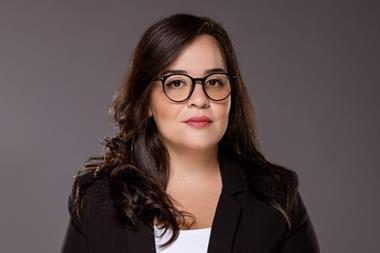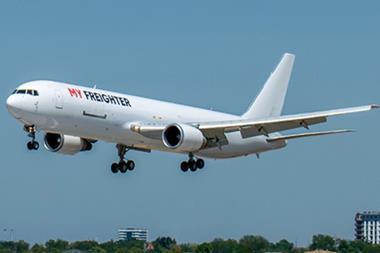Several senior Etihad Airways personnel, including chief commercial officer Robin Kamark, are stepping down from the Middle Eastern carrier as it undertakes an extensive reshaping to adapt to the changed market situation.
The company said it is overhauling its business model to emerge as a “mid-sized carrier”, focusing on a fleet of widebody aircraft, with a “streamlined structure”.
The airline has established a joint-venture operator with budget carrier Air Arabia focusing on regional routes out of Abu Dhabi.
“As a responsible business, we can no longer continue to incrementally adapt to a marketplace that we believe has changed for the foreseeable future,” said Etihad Aviation Group chief executive Tony Douglas.
He said the company is taking “definitive and decisive” action to position itself as a mid-sized airline, restructuring its management team to reflect its leaner model.
Kamark has chosen to leave the carrier, while other notable departures include senior vice-president of sales Duncan Bureau, chief transformation officer Akram Alami, and chief risk officer Mutaz Saleh.
Etihad’s commercial business units will be split as part of the restructuring.
Chief operating officer Mohammad Al Bulooki and chief financial officer Adam Boukadida will take over these responsibilities, along with newly-appointed executive director of guest experience Terry Daly.
Al Bulooki will oversee network planning, sales, revenue management, cargo, alliances, and commercial strategy, while Boukadida will head the procurement arm and transformation office, as well as the analytics department.
Cargo and logistics managing director Martin Drew will take on Bureau’s sales and distribution portfolio.
“By embedding the new structure, the airline will strengthen its focus on its core offering of safety, security, service,” the company said.
Etihad chief investments officer Andrew Macfarlane, chief engineering officer Abdul Khaliq Saeed, and chief digital officer Frank Meyer will remain in their positions.










